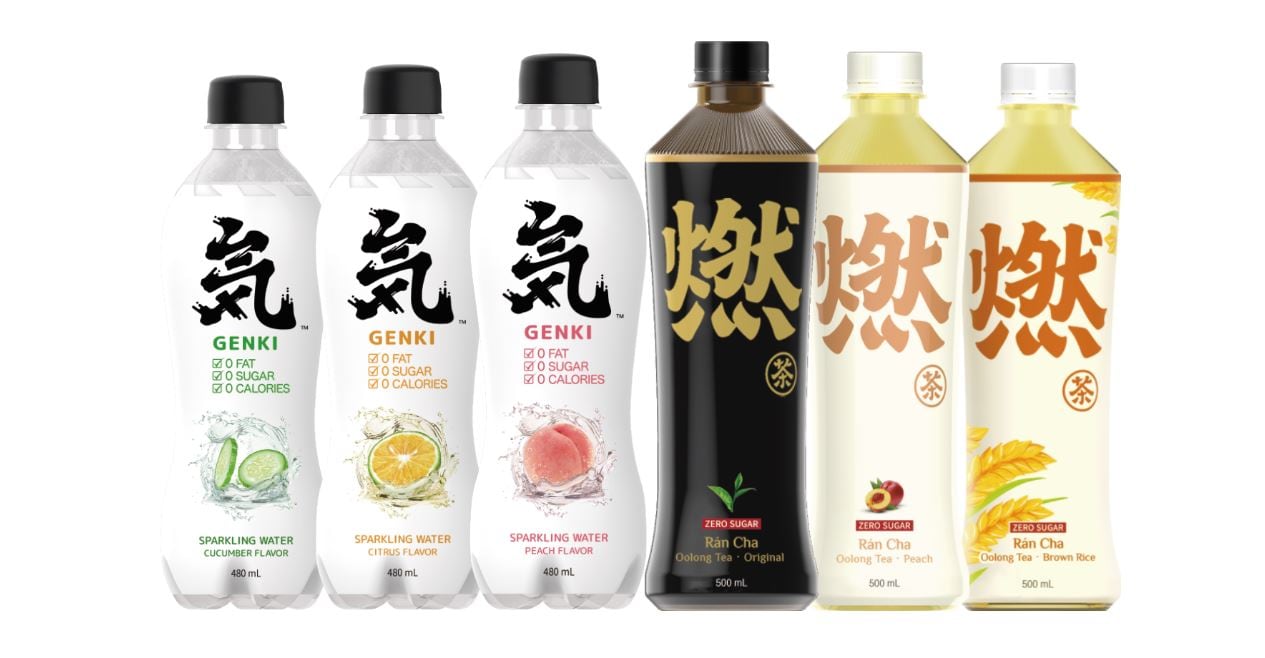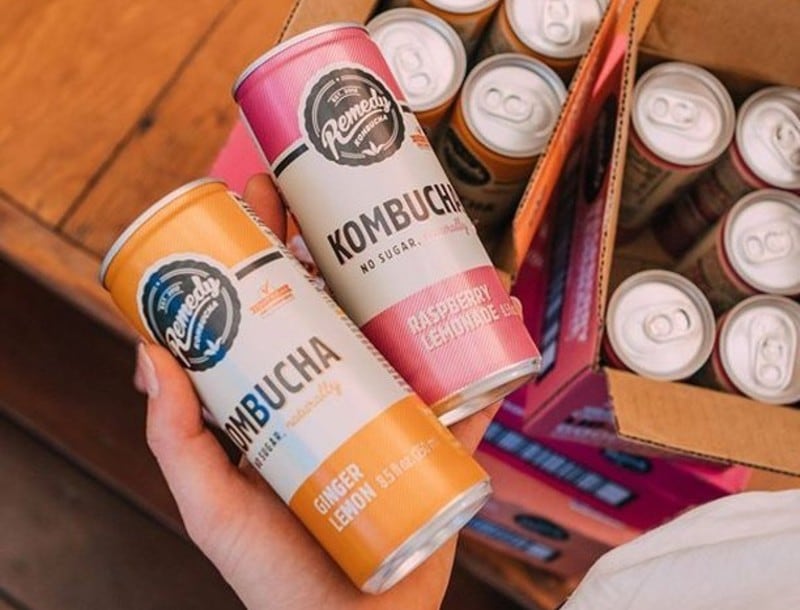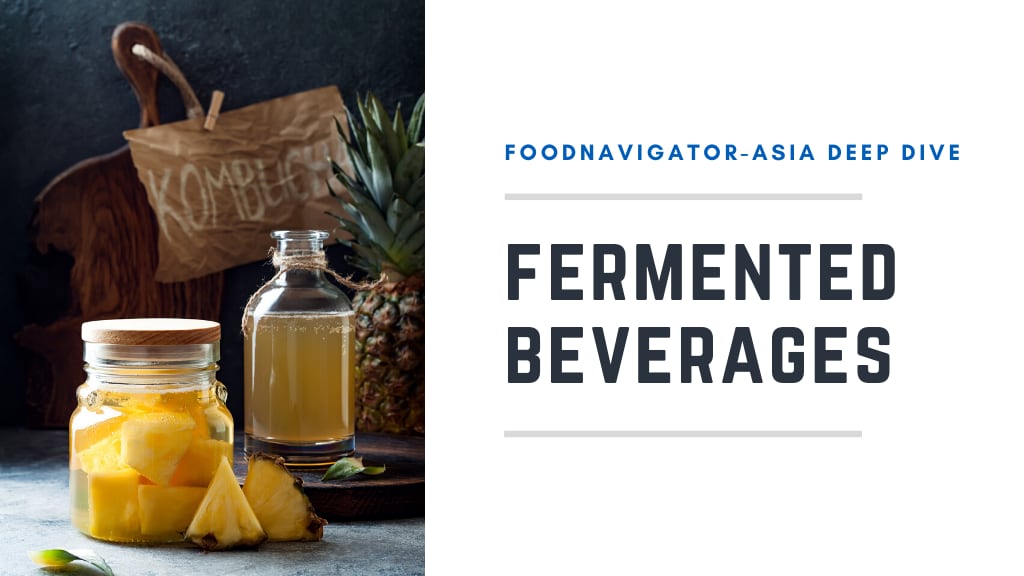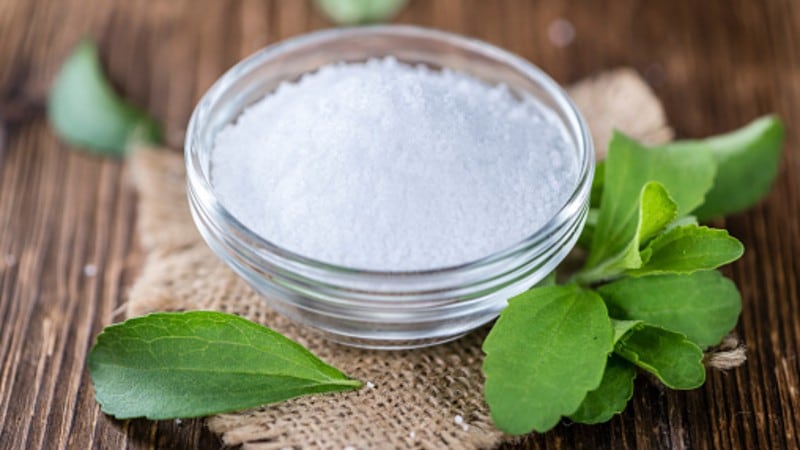Founded in 2016, the firm has a market valuation of RMB4bn (US$590m) last year, and expected to hit RMB14bn (US$2bn) this year.
Despite being a young company, Genki Forest’s beverages have performed well during China’s online shopping festivals, ranking among the top 10 beverages in sites like Tmall, Taobao, JD, and Suning.
Their products rank alongside those from global beverage firms like Coca-Cola and more established Chinese companies like Nongfu Spring and Wahaha.
According to Benny Wang, business development head of South East Asia at Genki Forest, the firm aims to become the ‘Coca-Cola of China’ as it seeks to get a market share of the projected RMB600 billion beverage market in China, as well as grow its international presence.
South East Asia expansion
The firm first entered Singapore earlier in March but its growth plans were stifled by the country’s COVID-19 lockdown.
However, once the ‘circuit breaker’ period was lifted, the firm quickly saw sales increase.
The products are available in major supermarket chains (NTUC, Sheng Shiong), and e-commerce platforms (Lazada, Taobao, Shopee, RedMart).
Genki Forest is looking to enter the 7-Eleven convenience store chain in Singapore soon.
The firm also entered Malaysia in June this year, through supermarket chain Village Grocer)and e-commerce platforms Lazada, Taobao and Shopee. The firm has since signed a contract to enter AEON, Max Value and 7-Eleven stores this month.
Wang told FoodNavigator-Asia there were also plans to enter Thailand and Taiwan by the end of this year, however these markets bring about their own set of challenges.
For Thailand, the firm is relying on its tourist market which may prove difficult with the global travel restrictions. For Taiwan, which is known for its traditional and strong performing beverage brands, entering the market would be highly competitive.
In these countries, the products will be sold in supermarkets as well as online. Wang said offline channels would still make up the bulk of purchases outside China.
Tik tok audience
According to Wang, online shopping was growing, but yet not a dominant form of purchases in South East Asia, unlike China.
Wang told us Genki Forest’s target consumers is the same target audience for the popular Tik Tok app, from as young as nine to 40.
The firm is now assessing how to market on Tik Tok to attract South East Asian consumers.
Wang explained that the millennials and Gen Z consumers now are more health conscious and aware of what they put in their bodies.
He said Genki Forest prides its products as healthier, containing zero calories and no artificial sweeteners. It achieves this through the use of a natural sugar substitute (sugar alcohol) called erythritol.
Erythritol is a less common ingredient used among beverage manufacturers due to the price point. It costs about 70 times more than other sugar replacements such as aspartame, varying between countries.
Wang was quick to add that the firm was not the first company using erythritol in its beverages, but believes it is one of the few Asian beverage company using it to develop products for the mass market.
While known for its sparkling water, milk tea and oolong tea, the firm also sells energy drinks and yoghurts in China.
The company first started off using OEM facilities based across the country from Wuhan, Beijing, Tianjin to Jiangsu.
In June 2020, the firm completed and started operations in its first factory in Anhui.
Wang said owning its own factory helped minimised cost compared to OEM, and in the long-run, there may even be plans to provide OEM services to other companies.




